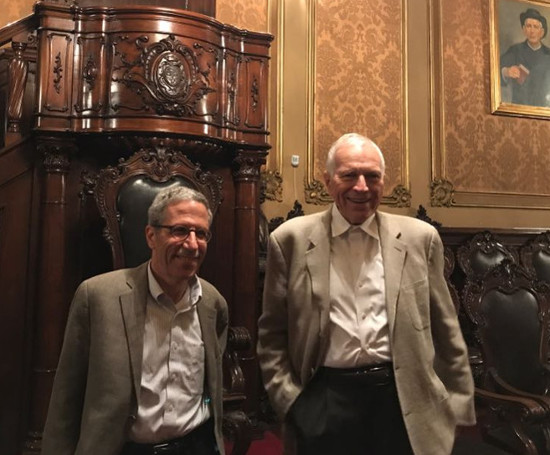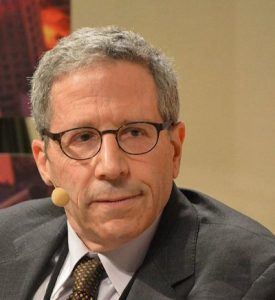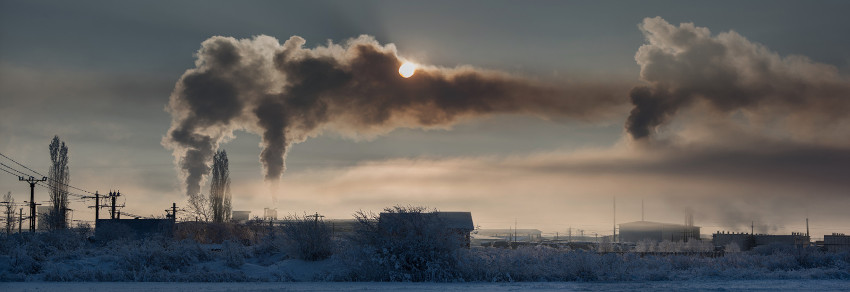“Compelling companies to reduce their emissions is costly in economic and political terms, it’s better to provide them with an economic incentive”

Dr. Eric Maskin and Dr. Edmund Phelps
Eric Maskin, Nobel prize in Economics and honorary academician of the Royal European Academy of Doctors-Barcelona 1914 (RAED), participated in the second Green Economy Summit, held in the Argentine city of Cordoba on 5 and 6 October with the paper “How to reduce greenhouse gas emissions: an application of the theory of auctions”, where he exposed the application of auction theory in the reduction of carbon dioxide emissions. At the summit were the also Nobel prize in Economics and honorary member of the RAED Edmund Phelps, and the full academician and president of the Institute of Interdisciplinary Research of the Royal Academy José Ramón Calvo. The meeting was also attended by former US president Barack Obama.

Dr. Eric Maskin
Maskin explained how the current system of emission rights, in which companies trade with the possibility of making more or less emissions, is more practical and less expensive for the Administration than a simple regulatory system. “Compelling companies to reduce their emissions is costly in economic and political terms and therefore it’s much more operational and strategic to provide them with an economic incentive through auctions -he said-. Emissions trading ensures environmental effectiveness. By setting a cap and thus controlling the amount of greenhouse gases actually emitted, emissions trading enables the achievement of emission reduction targets with a high degree of certainty. In this sense it offers clear advantages compared to other environmental policy instruments”.
For Maskin, the profitability of the system is mainly achieved through the flexibility of the participating companies with respect to the time and place of their respective emissions reductions. “In a period of economic slowdown, the price decreases in parallel with the reduction in production and consumption. This mechanism can be considered as an instrument adaptable to the economic situation that offers greater incentives to reduce emissions when the economy grows and allows investments in emission reductions and low-emission technologies”, Maskin added.





